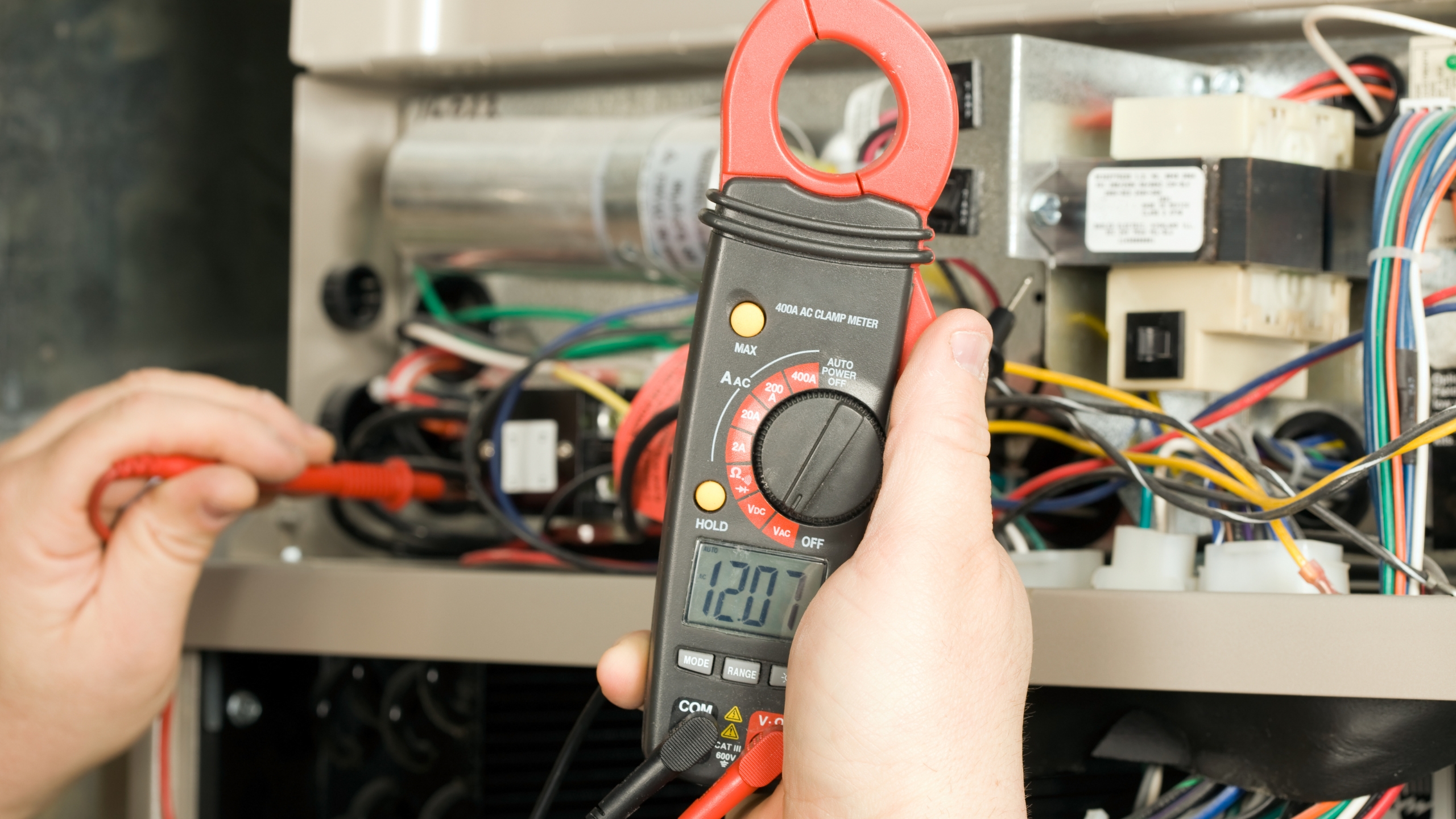
Renting HVAC (Heating, Ventilation, and Air Conditioning) equipment can be a practical and cost-effective solution for businesses, events, or temporary needs. Whether you’re facing an unexpected equipment failure, planning a large event, or managing seasonal demand, renting HVAC systems provides flexibility without the commitment of purchasing new equipment. This guide explores the benefits, considerations, and process of renting HVAC equipment.
Benefits of Renting HVAC Equipment
1. Cost-Effectiveness
Renting HVAC equipment can significantly reduce upfront costs compared to purchasing new systems. This is particularly beneficial for short-term needs or situations where the equipment will not be used frequently.
- No Capital Investment:Renting eliminates the need for large capital expenditures, freeing up resources for other business needs.
- Predictable Costs:Rental agreements typically include maintenance and service, ensuring that you won’t encounter unexpected repair costs.
2. Flexibility
Renting HVAC equipment offers flexibility in terms of both duration and capacity.
- Short-Term and Long-Term Options:Whether you need equipment for a few days, weeks, or months, rental companies provide various rental periods to suit your needs.
- Scalable Solutions:Renting allows you to adjust the equipment capacity based on the changing needs of your project or event.
3. Access to the Latest Technology
Renting HVAC equipment ensures access to the latest technology and energy-efficient models without the long-term commitment of ownership.
- Up-to-Date Systems:Rental companies often update their inventory with the newest, most efficient equipment.
- Energy Savings:Using modern, energy-efficient equipment can reduce operational costs during the rental period.
Key Considerations When Renting HVAC Equipment
1. Understanding Your Needs
Before renting, it’s essential to assess your specific HVAC requirements.
- Size and Capacity:Determine the size and capacity of the HVAC system needed based on the space and load demands.
- Duration of Use:Clearly define how long you will need the equipment to ensure you choose the most cost-effective rental plan.
2. Quality and Reliability
Ensure that the HVAC equipment provided by the rental company is reliable and well-maintained.
- Reputable Providers:Choose a rental company with a proven track record of quality service and equipment reliability.
- Maintenance and Support:Verify that the rental agreement includes maintenance services and technical support throughout the rental period.
3. Compliance and Safety
Ensure that the HVAC equipment you rent meets all regulatory requirements and safety standards.
- Regulatory Compliance:The equipment should comply with local regulations regarding emissions, safety, and energy efficiency.
- Safety Protocols:Confirm that the rental provider follows safety protocols in the delivery, installation, and operation of the equipment.
The Process of Renting HVAC Equipment
1. Consultation and Assessment
The rental process typically begins with a consultation to assess your specific needs. This step may involve a site visit to evaluate the space, load requirements, and any special conditions.
2. Selecting the Right Equipment
Based on the assessment, you’ll choose the HVAC equipment that best fits your needs. Rental companies offer a range of options, including air conditioners, heaters, dehumidifiers, and ventilation systems.
3. Delivery and Installation
Once the equipment is selected, the rental company will arrange for delivery and professional installation. This ensures that the system is set up correctly and operates efficiently from the start.
4. Ongoing Support and Maintenance
Throughout the rental period, the provider should offer ongoing support and maintenance services. This includes routine checks, repairs if necessary, and ensuring the equipment continues to function at optimal levels.
5. Return and Removal
At the end of the rental period, the equipment will be removed by the rental company. This hassle-free process ensures that the space is returned to its original condition without any residual impact from the HVAC system.
Applications for HVAC Equipment Rentals
1. Event Management
HVAC rentals are ideal for events such as weddings, corporate functions, or festivals. Temporary climate control ensures guest comfort and prevents issues related to temperature fluctuations.
2. Emergency Situations
In cases of equipment failure or natural disasters, renting HVAC systems can provide immediate relief and maintain climate control in critical environments such as hospitals, data centers, and manufacturing facilities.
3. Seasonal and Temporary Needs
Industries that experience seasonal demand fluctuations can benefit from renting HVAC equipment during peak times. This avoids the costs and complications of maintaining additional systems year-round.
Conclusion
Renting HVAC equipment offers a flexible, cost-effective solution for a wide range of applications, from emergency situations to large-scale events. By understanding your specific needs, choosing a reliable provider, and ensuring compliance with safety standards, you can enjoy the benefits of modern HVAC technology without the long-term commitment of ownership. Whether you need short-term climate control or a temporary boost in capacity, renting provides a smart alternative to purchasing new equipment.